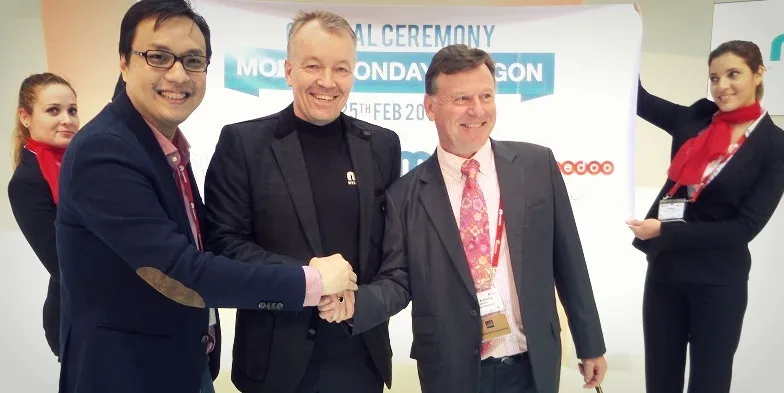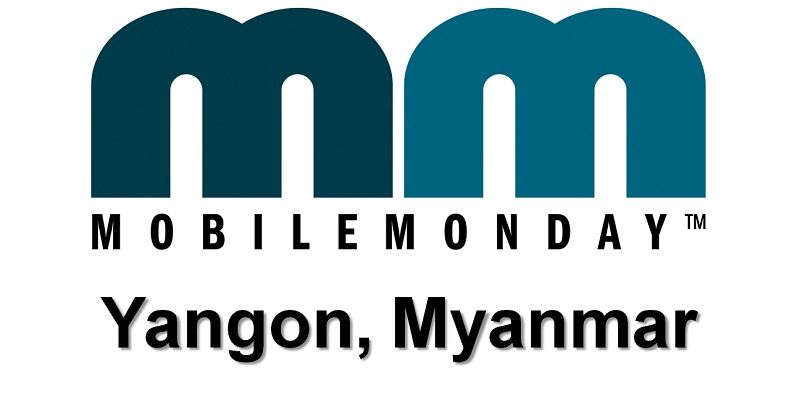MobileMonday launches in Myanmar

The latest country to join the mobile revolution is Myanmar, with telco licenses issued to private operators Telenor and Ooredoo. However, mobility is not just about connectivity but content and apps – and entrepreneurs play a big role in this digital space.Enter the newest chapter of the MobileMonday family, MoMo Yangon. The world’s largest network of mobile startups and developers now has a chapter in Yangon thanks to a partnership with Ooredoo, formally announced at the Mobile World Congress 2014 in Barcelona.
Ooredoo (formerly known as Qtel Group from Qatar), recently acquired Indonesian operator IndoSat. Its Indonesia startup programme IdeaBox was formed in partnership with MobileMonday and Singapore-headquartered innovation firm Silicon Straits.
MoMo Jakarta chapter’s co-founder, Andy Zain, will help launch MoMo Yangon. Mobile access is exorbitantly expensive in Myanmar, with SIM cards costing as much as $200, said Zain – but competition from private operators will help reduce this.

“We are supporting the launch of MobileMonday in Myanmar as part of the Ideabox initiative to help grow the community and enrich the opportunities for Myanmar people involved in the mobile industry,” said Ross Cormack, CEO of Ooredoo Myanmar.
Myanmar has a population of over 60 million people, with a large youth base. Ooredoo is rolling out a 3G network which will cover 84% of Myanmar’s geography. At present, there are an estimated five to six million mobile subscribers in this Southeast Asian country.
But the country faces severe infrastructure challenges, according to Cormack: 75% of the population has no access to electricity, and landline penetration and transportation infrastructure are at low levels. 20% of the population is urban.
But 3G networks, content and developers can transform Myanmar into the next beacon of Asia within five years, Cormack hopes. “We will bring together international experience and local people on a monthly basis to discuss and share ideas and opinions on trending mobile topics,” he said.
“MobileMonday is the world’s biggest network of mobile startups and developers,” said CEO Jari Tammisto. The ‘superglue’ of the network in over 150 cities around the world can help exchange ideas for startups, benchmark their products and find customers and investors around the world, he said.
The Ideabox-MoMo partnership will help grassroots engagement with the larger ecosystem, said Julian Gorman, digital services director at Ooredoo Myanmar.
Gorman was earlier involved with Ideabox Jakarta, and hopes the Yangon initiative will also help emergence of mobile startups in Myanmar. The working space for startups is intended to be informal and allow founders to share and test their ideas.
Myanmar also has a large diaspora population, and its recent emergence from diplomatic and economic isolation will undoubtedly spur a new wave of innovation in the country. And thanks to its large youth population, mobile startups will form a significant part of this entrepreneurial drive.
The emergence of Myanmar on the mobile innovation landscape will be one of the more fascinating stories of digital and social entrepreneurship in this decade (see my earlier research report for MobileMonday, on Southeast Asia).






